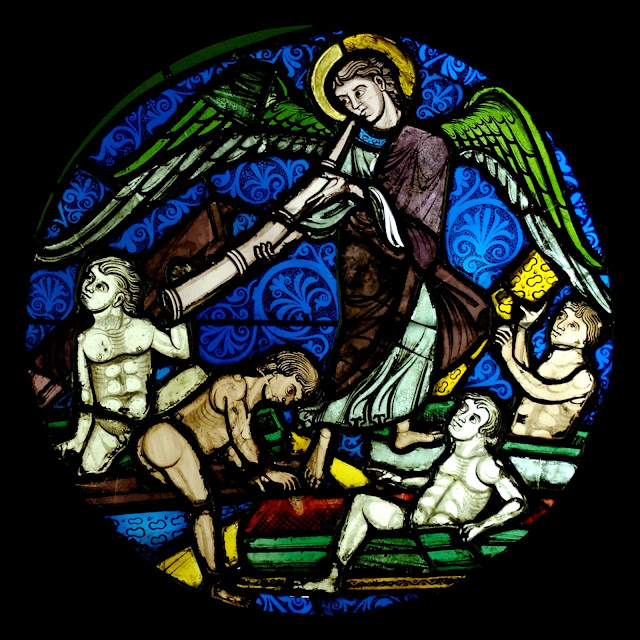Encouragement for Ministry with Jesus

This post exegetes 2 Corinthians 4:1-5:8, drawing on commentary from Warren Wiersbe ("Bible Expository Commentary") and Colin Kruse ("New Bible Commentary"). "Calling of Matthew" by Carpaccio (public domain via Wikimedia Commons) Introduction As believers, the Holy Spirit equips and calls us for participation with Jesus in his ministry. And what a joy it is to “journey” with Jesus as he ministers by the Spirit and through the church to our world. But let’s face it—ministry with Jesus is sometimes difficult and even discouraging. When we face the "down” times, we need Paul’s words of encouragement: “Since through God's mercy we have this ministry, we do not lose heart” (2Cor 4:1). Paul knew what he was talking about. He often faced severe difficulties in ministry. Sometimes he grew deeply discouraged. Yet, he did not lose heart; he never quit. Why? Because he knew whose ministry it was. Instead of bemoaning what he did not have, he rejoiced in ...



